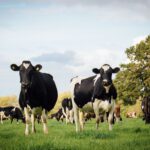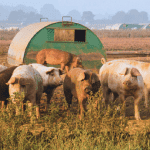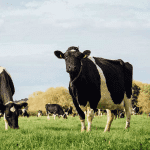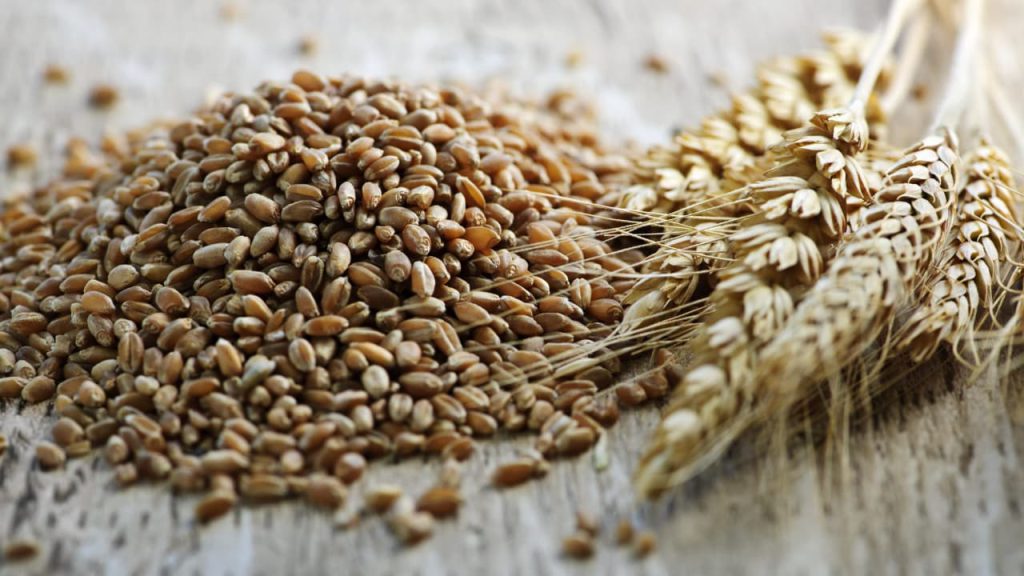A group of scientists plus leading industry bodies such as World Cancer Research Fund (WCRF) and The Academy of Nutrition Sciences (ANS), have written to the Lancet, a reputable medical journal, to raise concerns over its Global Burden of Diseases (GBD 2019), Injuries and Risk Factors research.
The study provides an annual analysis of global health risks, which is commonly used to shape government health policy and was referenced in Government’s National Food Strategy.
Keep reading to learn more about this research, as well as the concerns that have been put forward.

The Source of Concern
Professor Alice Stanton of the Royal College of Surgeons in Ireland and her peers initially raised concerns via an open letter as the 2019 study reported a 36-fold increase (3,484%) in global deaths attributed to consuming red meat since the 2017 study – just two years prior.
The dramatic increase along with the lack of transparency over a change in methods used to estimate the risk levels of eating meat is why many leading scientists and industry bodies have questioned the validity of this unexplained result. Requests have been made for the Lancet to provide the data, rationale and further clarification of the assumptions made in the study.
HOW GROUPS RESPONDED
'Of particular interest to us was the dramatic change in the reported impact of eating unprocessed meat upon health. In 2019 the GBD study reported that 896,000 deaths were caused by a diet high in red meat, a dramatic change from only 25,000 deaths in 2017.
'It seemed to us that this change had more to do with the method used to estimate risky levels of meat eating, rather than changes in how eating it was impacting health.
'For both WCRF and ANS, our biggest concern is that many users of the valuable data provided by GBD will not be aware of the technical details which underlie this change, with risk of unintentional misinterpretation.
'It’s important that challenges – such as those made in the Lancet letter from the scientific community – are quickly and openly addressed so that the public, scientific community and policymakers can have faith in the results of published research.
'This is particularly true for studies like GBD because they play a key role in establishing the scientific base for public health policy and disease prevention efforts.'World Cancer Research Fund Tweet
the lancet responds
The Lancet has responded to the original letter from the scientists acknowledging issues, stating that it will change and improve methods for GBD 2020.
However, the 2019 report is still widely accessible on its website, it has not been retracted, and there’s a lack of awareness about the issue. This means it can still potentially be used and quoted, including at policy level here in the UK and globally.
Further Reading
You can read some of the additional media coverage here:
- The Grocer – Growing concerns over widely-used Global Burden of Disease meat data
- Farmers Weekly – World cancer charity criticises red meat study
Learn More About Farming, Nutrition and Sustainability
For more coverage on all things agriculture, head to the articles section of our website. There, you’ll find the latest updates on industry developments as and when they happen.


















